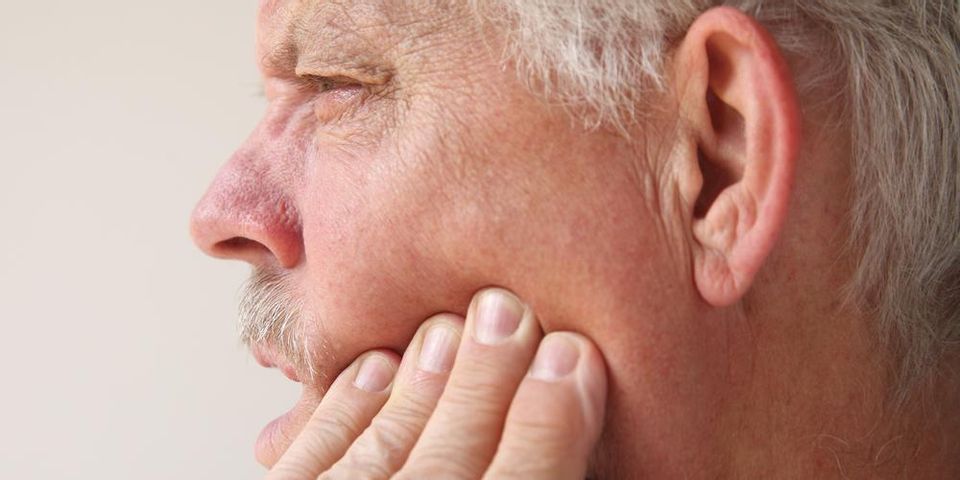What Are TMJ Disorders & How Are They Treated?

The temporomandibular joint connects your jawbone to your skull. It slides to allow you to open and close your mouth. However, some people suffer from what is known as a TMJ disorder, in which they experience pain or tightness in this joint. While the cause of the disorder can vary from one patient to another, oral surgery is often effective at correcting it. The following information will help you determine if you’re right for this treatment.
Symptoms of TMJ Disorder
 Many people inherit TMJ disorder through their genetics. However, a jawbone injury can also trigger its development. The most common symptom is chronic jaw pain or tenderness. If you’re familiar with the location of the temporomandibular joint, you may notice pain in that specific area of the jaw.
Many people inherit TMJ disorder through their genetics. However, a jawbone injury can also trigger its development. The most common symptom is chronic jaw pain or tenderness. If you’re familiar with the location of the temporomandibular joint, you may notice pain in that specific area of the jaw.
That said, not all patients have the same symptoms. For some, the pain is more noticeable around the ears. Others experience an aching pain throughout their face. Patients with TMJ disorders tend to feel pain when trying to chew. They may also feel as though their jaw is “locked,” making it difficult to open and close their mouth. Luckily, if you’ve been experiencing any of these symptoms, there are treatment options.
Treatments for TMJ
An oral surgeon is the ideal specialist for treating this disorder. In some instances, they don’t even need to perform major procedures. Instead, they can simply recommend certain exercises—similar to physical therapy—to address the problem.
If surgery is necessary, there are a range of potentially helpful procedures. The surgeon may remove inflammatory contaminants from your jaw area or repair damage to the joint. Whatever the case, they’ll determine the best treatment for your needs. That said, this is the type of condition that gets worse over time. The sooner you receive proper care, the sooner you can experience relief.
If you suspect you have TMJ disorder, get in touch with Oral Surgery Associates of Central Georgia in Warner Robins. They specialize in treating these disorders, offering a range of procedures to alleviate your discomfort. Visit them online for more information about treatment options, or call (478) 971-8811.
About the Business
(43 reviews)
Have a question? Ask the experts!
Send your question

